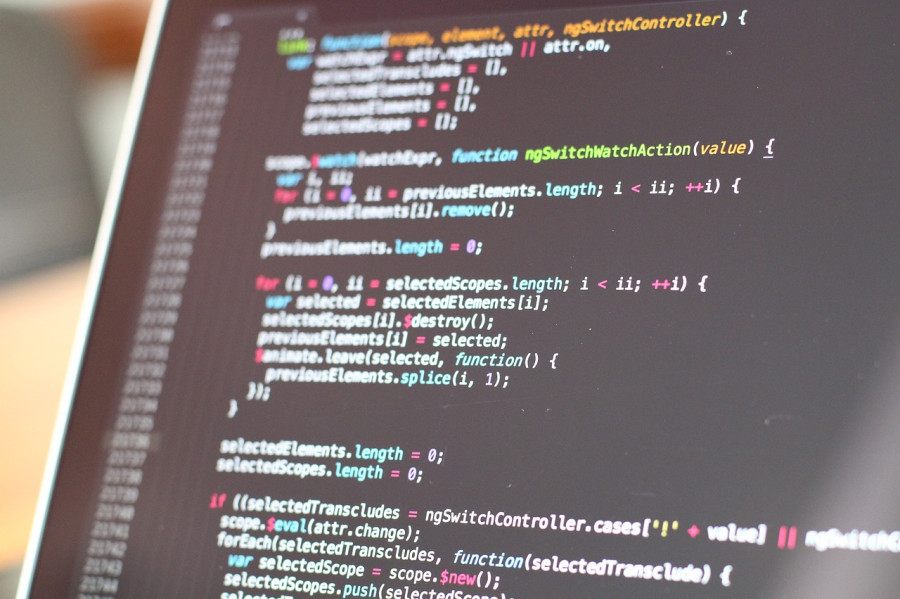Building the Future, One Line of Code at a Time
Dive into a collection of practical software projects and technical reflections, built to solve real problems and shared to spark ideas

What Drives the Work
My Philosophy
These core practices define the approach to every project. They reflect a commitment to precision, adaptability, and meaningful outcomes in software development.
Clean Structure
Code is written to be readable and organized, with consistent naming conventions and modular designs. This approach minimizes technical debt, making it easier to debug, extend, or hand off to others. For example, functions are kept small, and complex logic is split into reusable components
Thorough Testing
Automated unit tests and manual validation are used to catch issues early, from edge cases to performance bottlenecks. This ensures software is robust, even under unexpected conditions, and reduces the risk of post-deployment fixes. Tools like Jest or Pytest are often employed for coverage
User-First Design
Interfaces and features are crafted to match how users think and work, prioritizing intuitive navigation and clear feedback. This means testing with real users to refine workflows and avoiding over-engineered solutions that complicate the experience. Accessibility is also a key focus, with ARIA labels where needed
From Idea to Impact
Solving Problems with Code
The focus here is on creating software that addresses specific needs efficiently. Each project starts with a clear problem and ends with a reliable solution

Programming is about finding the shortest path to a working solution, whether it’s automating a repetitive task or visualizing complex data. The work showcased here prioritizes practical outcomes over flashy features, using tools like Python for quick scripting or JavaScript for dynamic interfaces.
Every project involves trial and error—writing a prototype, testing it, and refining it based on what works. The result is software that’s been battle-tested through real use, with an emphasis on performance, maintainability, and user satisfaction.
The Value of Good Software
Why This Matters
Software isn’t just code; it’s a tool that saves time or solves headaches. The goal is to build things that make a difference, even if small

Every project here was built to fix something—a slow process, a confusing interface, or a missing feature. The satisfaction comes from seeing a script run smoothly or a user navigate a tool without a hitch. This work is grounded in a belief that small, well-executed solutions can have outsized impact, like a command-line utility that saves hours of manual work. It’s not about chasing trends or overcomplicating things; it’s about writing code that gets the job done and stands up to scrutiny. That means sweating the details, from memory usage to error messages, so the end result feels seamless
Code is like humor. When you have to explain it, it’s bad
